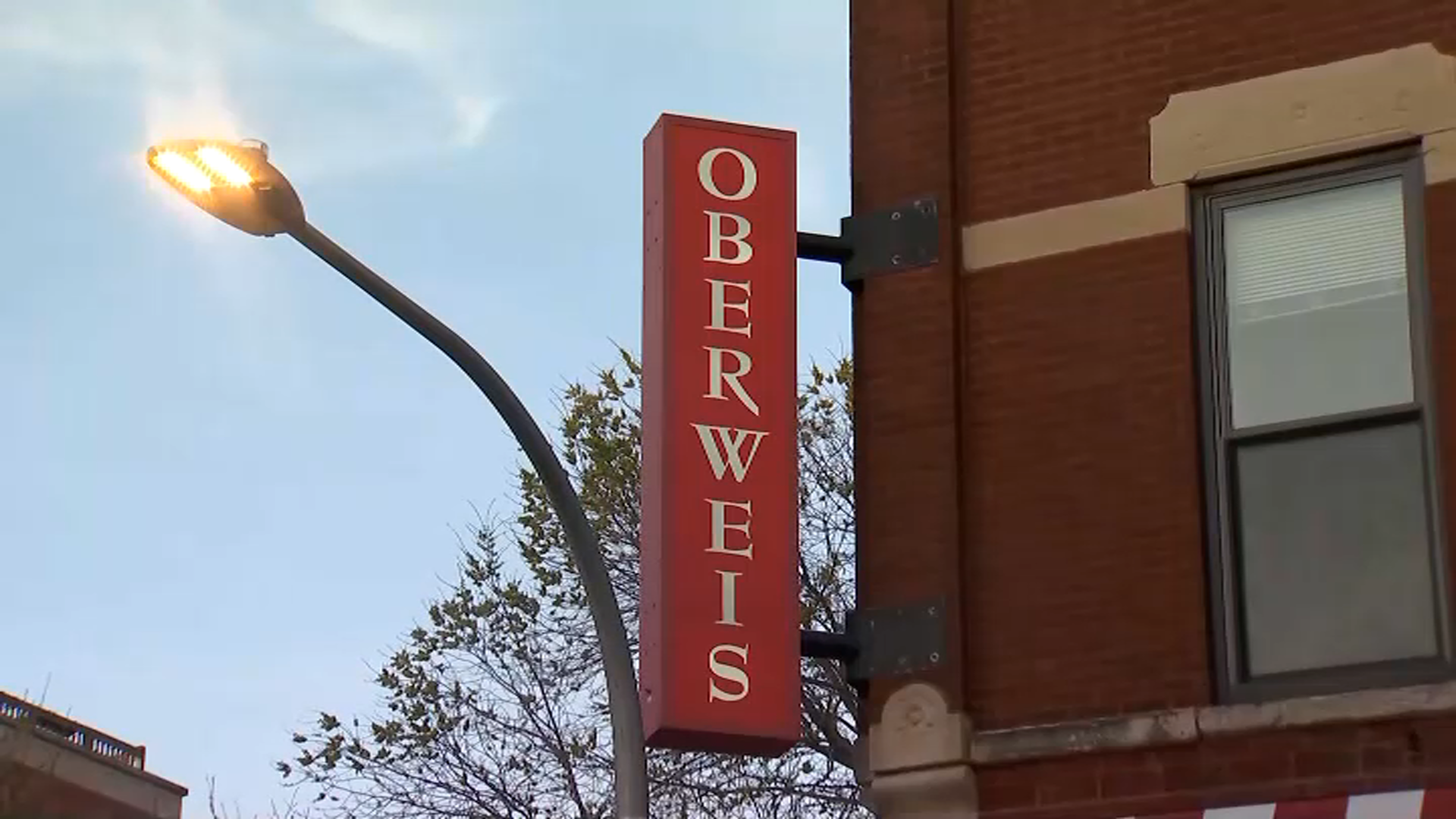In light of Facebook's new Non-Consensual Image Pilot Program, many might be asking what steps they can take if they become victims of revenge porn.
Here's what you can do:
1. File a police report
It is a criminal law and Class 4 felony in Illinois to spread private sexual images without consent, otherwise known as “revenge porn.” If you find these photos of yourself online, you can file a police report at your local precinct. Make sure to collect evidence of the incident, including any related screenshots or text messages. If you might know who the offender is, take note of any communication or evidence to back that up and bring to police. At the very least, this gives you a paper trail, which can be useful if you decide to pursue legal action.
2. Get the photo taken off social media/website
Depending on where the initial photo/video was shared, each social media has their own avenue and protocol for how to report this.
Local
o The spreading of intimate images without consent is against Facebook’s community standards.
o Facebook is currently in the pilot program to prevent these uploads, but posted images or videos can still be reported. Click on the “Options” tab in the bottom right of the post to report it. You will be given three options, unfriend the poster, message them directly, or submit the post for review to Facebook.
o You can also fill out this form to directly get in touch with Facebook about the image, threats to share intimate images or threats of blackmail.
o Publishing people’s private information or photos without authorization is against Twitter’s rules.
o Twitter recently updated their rules on “revenge porn,” and will now suspend user accounts that fail to comply or take a Tweet down.
o Click on the dropdown arrow to report a specific Tweet, and select “It’s abusive or harmful.” This will go to review, and you can provide more information about the incident. Twitter will then send a confirmation email for further action.
o You can also fill out this form to contact Twitter.
o Instagram has a “zero-tolerance” policy with the spreading of sexual content or intimate images without consent.
o Tap the ••• (iOS and Windows Phone) or (Android) on the post to report it as inappropriate. You can follow the same path to report a profile sharing intimate images.
o If you don’t have an account, but see your images or videos on Instagram, use this form to report it.
o If your photo/video continues to show up in links on Google searches, you can use this form to get the hosting link removed from searches. However, Google does not have the power to remove it from the hosting website altogether.
• Other websites
o Lawful pornography websites like Pornhub will take down any non-consensual posts, through a request on their content removal portal.
o Other hosting websites may be primarily meant for revenge porn, thereby making them less likely to remove content due to a request.
o However, the Digital Millennium Copy Right Act (DMCA) has made it illegal to reproduce intellectual property online, which includes any photographs or videos that you’ve taken yourself. The DMCA Defender is a resource that can take down revenge porn off websites for a small fee.
3. Consult with an attorney
In addition to pursuing criminal charges against your offender, you can also contact an attorney to file a civil suit. Restraining orders can be filed, and you can obtain a legal order to get your photo/video taken down. You can also sue for additional damages if you have suffered financially due to the sharing of your images or videos. The Cyber Civil Rights Initiative has a list of individual attorneys for revenge porn victims here.
4. Know your resources
There are many organizations and resources that can help victims of revenge porn. From crisis helplines to legal help, these organizations aim to assist victims of revenge porn.
Cyber Civil Rights Initiative - https://www.cybercivilrights.org/
Starting as the “End Revenge Porn” campaign in 2012, CCRI is now one of the non-profit partner groups for Facebook’s pilot program. They provide a hotline and online removal guide for victims of revenge porn.
National Network to End Domestic Violence - https://nnedv.org/ , https://www.womenslaw.org/
Another one of Facebook’s partner groups for the program, NNEDV provide a national phone hotline for victims. Their specialized “WomensLaw” project has an email hotline, which provides basic legal information, referrals and emotional support.
Electronic Frontier Foundation - https://www.eff.org/
The Electronic Frontier Foundation is a non-profit dedicated to educating about civil rights and liberties in the digital sphere.
Without My Consent - http://www.withoutmyconsent.org/
Without My Consent provides educational materials on revenge porn laws, as well as other resources for victims of digital abuse.
The BADASS Army - https://badassarmy.org/
The BADASS group, Battling Against Demeaning & Abusive Selfie Sharing, is a non-profit organization that supports and empowers victims of revenge porn.



